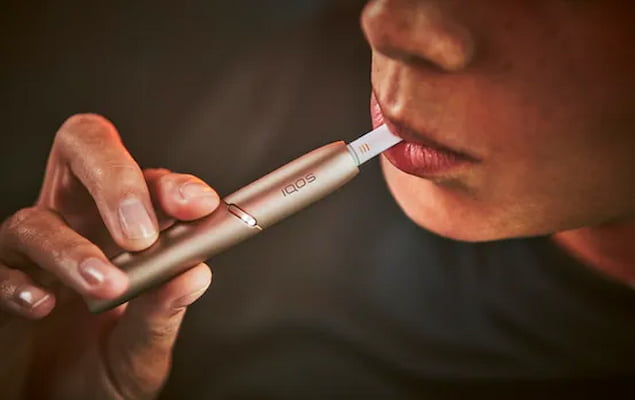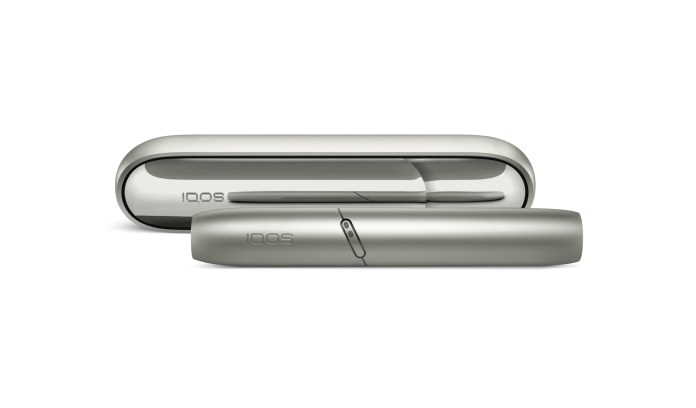Smoke-free products are heating up

The growth of heated tobacco products (HTPs) is increasing and in markets like Japan, is likely causing a decline in cigarette sales.
A recent whitepaper report, conducted by Frost & Sullivan – ‘Tobacco Harm Reduction and Novel Nicotine and Tobacco Products: Evidence from the Japanese Market’ shows that the sale of conventional cigarettes in Japan has reduced by 34 percent between 2015 and 2019. It states: “It is likely that the introduction of HTPs in Japan has caused a significant decline in cigarette sales, well above the previous rate of decline.”
According to the report, from 2011 to 2016, sales of cigarettes declined by about 2-4 percent annually, while a decline of 13 percent in cigarette sales occurred in 2017, 12 percent in 2018, and 9 percent in 2019, indicating a much more significant decline over this period. It concludes that the accelerated decline in cigarettes-only sales in Japan since 2016 corresponds to the introduction of and growth in the sales of HTPs.
IQOS, Philip Morris International’s leading heated tobacco product, was first available in Japan from 2014 with a limited launch followed by a full roll out by April 2016.

“These findings suggest that scientifically substantiated smoke-free alternatives, such as IQOS, have a role to play in providing smokers who don’t quit with less harmful alternatives than cigarettes,” says Philip Morris South Africa’s Managing Director, Bransilav Bibic. “There is a real opportunity in South Africa to look at how this decline was achieved, and the regulations implemented by the Japanese government to make this possible in the interest of public health.”
The whitepaper report states that “the Japanese government is differentiating HTPs from conventional cigarettes in regulations, with HTPs generally receiving less-stringent regulatory settings than conventional cigarettes.”
Most notably Bibic adds that the introduction of HTPs has not caused an increase in overall sales of tobacco products, and the availability of HTPs has had a low impact on the initiation of tobacco use by never-smokers and re-initiation by former smokers.
He explains that HTPs are less harmful than smoking cigarettes because they heat tobacco instead of burning it. “Burning tobacco releases harmful chemicals which experts agree are the main cause of smoking-related diseases. “IQOS produces 95% lower levels of harmful chemicals compared to the smoke of a reference cigarette,” he says. “IQOS is not risk-free, and this doesn’t necessarily equate to a 95 percent reduction in risk, but it is a better choice than continuing to smoke.”
Bibic adds that since IQOS does not burn tobacco, it doesn’t produce tar which is one of the most harmful elements of cigarette smoke. It generates an aerosol that is fundamentally different from “tar” and consists of significantly lower levels of harmful chemicals compared to cigarette smoke.
“There are 11-million adult smokers in South Africa, which is almost one-fifth of the population, most of whom will continue to smoke cigarettes,” Bibic explains. “Regulations that enable adult smokers to understand why these products are different from cigarettes, and that encourage those who would otherwise continue smoking to change to less harmful alternatives are needed in South Africa to accelerate the decline of smoking.”